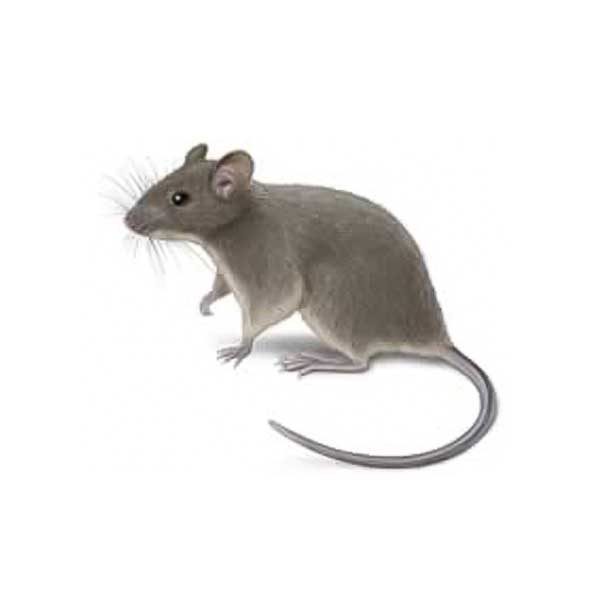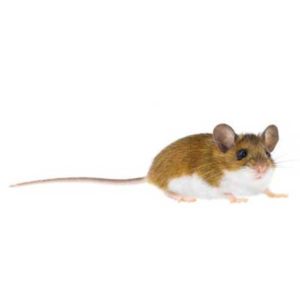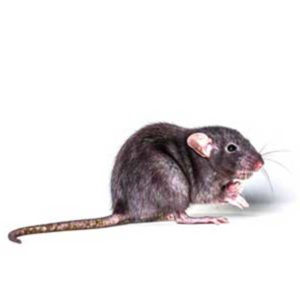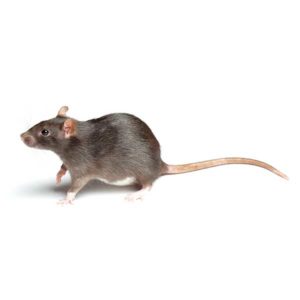House Mice in North Jersey
House mice are a common pest in the United States; in fact, they’re ranked as the number one rodent pest in most major cities. These mice are commensal, which means they depend on human habitats for food and shelter. They are known for contaminating human food with feces or urine, and they can also cause considerable damage to our homes or buildings by chewing through walls. If that wasn’t bad enough, house mice can also transmit potentially dangerous pathogens that cause diseases such as salmonella. Though house mice are a common pest, they’re not one you should ignore.
House Mouse Habitat
Outdoors, house mice typically build nests in open fields or beneath trees and shrubs. However, house mice often depend on human shelter for warmth and food. They frequently invade quiet and undisturbed areas of the home, sticking to places like wall voids, kitchen cabinets, attics, and garages. Since house mice line their nests with shredded paper or other fibrous material, they may chew up your upholstery or household items. If you notice small droppings around your kitchen, gnaw marks on your walls, or a musky odor around your house, then you likely have an infestation.
House Mouse Behaviors, Threats, or Dangers
House mice are omnivores, but they prefer grains and cereals. They may chew through packaging to access your food, which can lead to a contamination that may put your health at risk. If you come into contact with their feces or urine, you could contract serious diseases such as salmonella or the bubonic plague. Thanks to their habit of gnawing to grind down their ever-growing teeth, house mice may also cause considerable damage to your walls or electrical system, which could result in a fire. If you notice any signs of house mice around your property, it’s important to seek help as quickly as possible.
Worried you have a house mouse infestation? Call Eastern Pest Services, your local licensed rodent control company in New Jersey!




